Coming of Age - IELTS Reading Answers
13 min read
Updated On
-
Copy link
Get ready for IELTS Academic Reading with topics like ‘Coming of Age IELTS Reading Answers’ with location and improve your comprehension skills. This blog provides answer explanations for those aiming for an IELTS reading score of 8+.
Table of Contents

Limited-Time Offer : Access a FREE 10-Day IELTS Study Plan!
Each IELTS Reading passage focuses on a different theme - science, history, economics, society, environment, and more. Practicing single passages like ‘Coming of Age IELTS Reading Answers’ from the best IELTS Reading books exposes you to topic-specific vocabulary one theme at a time, making it easier to learn and remember new words without being overloaded.
So, solve the questions with the passage ‘Coming of Age Reading Answers’ given below to master the useful reading techniques. Then, check your answers against the provided location and explanations, and improve your performance in the reading module with the provided tips.
Passage for Coming of Age IELTS Reading Answers
Given below is the ‘Coming of Age' passage that you can go through and prepare yourself for the reading section with this IELTS Reading practice test.
You should spend about 20 minutes on questions 1-13, which are based on the Reading Passage below.
Coming of Age
A Three striking facts highlight the dramatic shift in recent years in the relative economic balance of “first-world” and “third-world” economies. Last year, according to our estimates, emerging economies produced slightly more than half of world output measured at purchasing-power parity. Second, they also accounted for more than half of the increase in global GDP in current-dollar terms. And third, perhaps most striking of all, the 32 biggest emerging economies grew in both 2004 and 2005. Every previous year during the past three decades saw at least one country in recession – if not a deep crisis. Some economies will inevitably stumble over the coming years, but, thanks to sounder policies, most can look forward to rapid long-term growth. The young emerging economies have grown up in more ways than one.
B Such happenings are part of the biggest shift in economic strength since the emergence of the United States more than a century ago. As developing countries and the former Soviet bloc have embraced market-friendly economic reforms and opened their borders to trade and investment, more countries are industrialising than ever before and more quickly. During their industrial revolutions, America and Britain took 50 years to double their real incomes per head; today China is achieving that in a single decade. In an open world, it is much easier to catch up by adopting advanced countries’ technology than it is to be an economic leader that has to invent new technologies in order to keep growing. The shift in economic power towards emerging economies is therefore likely to continue. This is returning the world to the sort of state that endured throughout most of its history. People forget that, until the late 19th century, China and India were the world’s two biggest economies and today’s “emerging economies” accounted for the bulk of world production.
C Many bosses, workers, and politicians in the rich world fear that the success of these newcomers will be at their own expense. However, rich countries will gain more than they lose from the enrichment of others. Fears that the third world will steal rich-world output and jobs are based on the old fallacy that an increase in one country’s output must be at the expense of another’s. But more exports give developing countries more money to spend on imports mainly from developed economies. Faster growth in poor countries is therefore more likely to increase the output of their richer counterparts than to reduce it. The emerging economies are helping to lift world GDP growth at the very time when the rich world’s ageing populations would otherwise cause growth to slow significant redistribution of income.
D Although stronger growth in emerging economies will make developed count lies as a whole better off, not everybody will be a winner. Globalisation is causing the biggest shift in relative prices (of labour, capital, commodities, and goods) for a century, and this in turn is causing a significant redistribution of income. Low-skilled workers in developed economies are losing out relative to skilled workers. And owners of capital are-grabbing a bigger slice of the cake relative to workers as a whole..
E As a result of China, India, and the former Soviet Union embracing market capitalism, the global labour force has doubled in size. To the extent that this has made labour more abundant, and capital relatively scarcer, it has put downward pressure on wages relative to the return on capital. Throughout the rich world, profits have surged to record levels as a share of national income, while the workers’ slice has fallen. Hence, Western workers as a whole do not appear to have shared fully in the fruits of globalisation; many low-skilled ones may even be worse off. However, this is only part of the story. Workers’ wages may be squeezed, but as consumers they benefit from lower prices. As shareholders and future pensioners, they stand to gain from a more efficient use of global capital. Competition from emerging economies should also help to spur rich-world productivity growth and thus, average incomes.
F To the extent that rich economies as a whole gain from the new wealth of emerging ones, governments have more scope to compensate losers. Governments have another vital role to play, too. The intensifying competition from emerging economies makes flexible labour and product markets even more imperative, so as to speed up the shift from old industries to new ones. That is why Europe and Japan cannot afford to drag their heels over reform or leave
workers ill equipped to take up tomorrow’s jobs. Developed countries that are quick to abandon declining industries and move upmarket into new industries and services will fare best as the emerging economies come of age. Those that resist change can look forward to years of relative decline. Those that embrace it can best share in the emerging economies’ astonishing new wealth.
Learn quick solving tips and reading techniques from experts!
Connect with us through our FREE IELTS online classes!
Questions for Coming of Age Reading Answers
The Academic passage, Coming of Age, consists of 13 questions, presenting two different IELTS Reading question types. So, solving this passage will help you get acquainted with different IELTS Reading question types with examples. The question types in this reading passage include:
- IELTS Reading Matching Information (Q. 1-4)
- IELTS Reading Sentence Completion (Q. 5-8)
- IELTS Reading True/False/Not Given (Q. 9-13)
Questions 1-4
1 Advice for developed countries
2 The reason that it is faster to develop nowadays
3 The fact that in the 30 years before 2004, not all large developing economies grew
4 The fact that domination of the global economy by Western countries is unusual in global history
Questions 5-8
Developing economies can catch up with developed ones faster because they don’t have to (5) ___________. Growth in developing countries helps developed economies because of spending (6) ___________. Capital is being used more efficiently because it is (7)___________. Economic (8) ___________ required in many developed economies.
Questions 9-13
Do the following statements agree with the information given in the Reading Passage? In boxes 9 – 13 on your answer sheet, write
TRUE, if the statement agrees with the information
FALSE, if the statement contradicts the information
NOT GIVEN, if there is no information on this
9 Large developing economies should not have any problems in the future.
10 If one country increases production, another country will have to reduce its production.
11 Globalisation is causing greater differences in income.
12 Low-skilled workers in developed economies are earning less.
13 Japan is not spending enough on education.
Get quick tips to solve passages like ‘Coming of Age ‘ in 20 minutes! Join to Learn!
Answers and Explanations of Coming of Age IELTS Reading Passage
Please check out the answer key below to improve your reading and IELTS band score by learning how to approach the 'Coming of Age' questions.
1 Answer: F
Question type: Matching Information
Answer location: Paragraph F, lines 6 – 10
Answer explanation: The paragraph begins with the statement that to the extent that rich economies as a whole gain from the new wealth of emerging ones, governments have more scope to compensate losers. Further, it is given that developed countries are advised to abandon declining industries in favour of newer industries and services that will be able to fare relatively well when emerging economies mature. If they resist adapting to the times, they will eventually face decline; however if they rise to the occasion, they will be able to share the economic prosperity enjoyed by emerging economies instead of languishing. Hence, the answer for this is F.
2 Answer: B
Question type: Matching Information
Answer location: Paragraph B, lines 3-5
Answer explanation: The reason behind the faster development nowadays is the adoption of market-friendly economic reforms by developing countries and the former Soviet bloc, along with them inviting foreign trade and investment which has allowed them to industrialise and experience rapid economic growth. It is stated that in an open world, it is much easier to catch up by adopting advanced countries’ technology than it is to be an economic leader that has to invent new technologies in order to keep growing. Hence, the answer is B.
3 Answer: A
Question type: Matching Information
Answer location: Paragraph A, lines 5-7
Answer explanation: It is given that perhaps most striking of all, the 32 biggest emerging economies grew in both 2004 and 2005. Every year prior to 2004 in the past thirty years witnessed at least one country in recession, if not facing a serious financial crisis. However, this changed in 2004 and 2005 when thirty two of the biggest emerging economies experienced growth following their three decades’ worth of economic slump. Hence, the answer is A.
4 Answer: B
Question type: Matching Information
Answer location: Paragraph B, lines 11 – 12
Answer explanation: It is given that until the late 19th century, China and India were the world’s two biggest economies and today’s “emerging economies” accounted for the bulk of world production. So, global history depicts that emerging economies such as China and India were the world’s biggest economies up until the late 19th century and the present domination of the global economy by Western countries is unusual when compared to global history. Hence, the answer is B.
5 Answer: Invent new technologies
Question type: Sentence completion
Answer location: Paragraph B, line 7
Answer explanation: It is noted that it is much easier to catch up by adopting advanced countries’ technology than it is to be an economic leader that has to invent new technologies in order to keep growing. In other words, developing countries are able to catch up with the economic progress since they can adopt the technologies of developed countries rather than having to invent new technologies in order to keep growing. Hence, the answer is ‘invent new technologies’.
6 Answer: On imports
Question type: Sentence completion
Answer location: Paragraph C, lines 5-6
Answer explanation: It is noted that more exports give developing countries more money to spend on imports mainly from developed economies.By exporting their goods, developing countries gain more money to spend on imports mainly from developed economies. Thus, economic growth in developing countries propels faster economic growth in developed countries through their imports. Hence, the answer is ‘on imports’.
7 Answer: Relatively scarcer
Question type: Sentence completion
Answer location: Paragraph E, lines 3 and 8
Answer explanation: It is given that as labour is more abundant, and capital relatively scarcer, it has put downward pressure on wages relative to the return on capital.So, Labour has become more abundant but capital has become relatively scarce with wages for workers becoming scant. However, this will lead to capital being more efficiently used in the future when the workers become pensioners. Hence, the answer is ‘relatively scarcer’.
8 Answer: Reform
Question type: Sentence completion
Answer location: Paragraph F, line 9-10
Answer explanation: It is mentioned that Europe and Japan cannot afford to drag their heels over reform or leave workers ill equipped to take up tomorrow’s jobs. Developed countries that are quick to abandon declining industries and move upmarket into new industries and services will fare best as the emerging economies come of age. So, developed countries need to reform their economies in order to keep growing in the future otherwise they stand to enter periods of economic decline. They can reform themselves by changing with the times and adopting new industries and services and abandoning declining old ones. Hence, the answer is reform.
9 Answer: False
Question type: True/false/not given
Answer location: Paragraph F, lines 6-10
Answer explanation: It is mentioned that developed countries that are quick to abandon declining industries and move upmarket into new industries and services will fare best as the emerging economies come of age. Those that resist change can look forward to years of relative decline. Those that embrace it can best share in the emerging economies’ astonishing new wealth. So, unless large, developed countries change with the times, abandon failing industries and embrace upcoming industries and services, they will be facing problems in the future. Hence, the answer is false.
10 Answer: False
Question type: True/false/not given
Answer location: Paragraph C, lines 6-7
Answer explanation: It is clearly noted that more exports give developing countries more money to spend on imports – mainly from developed economies. Faster growth in poor countries is therefore more likely to increase the output of their richer counterparts than to reduce it. So, contrary to the belief that rapid growth of developing countries will steal or reduce the growth of developed countries, faster growth in developing countries is far more likely to augment the output of their richer counterparts than decreasing it. Hence, the answer is false.
11 Answer: True
Question type: True/false/not given
Answer location: Paragraph E, lines 4-7
Answer explanation: It is noted that globalisation is causing the biggest shift in relative prices (of labour, capital, commodities, and goods) for a century, and this in turn is causing a significant redistribution of income. Therefore, globalisation has seen a record-level rise in profits as a part of national income. However, the income of workers has fallen due to reduced capital in comparison with the abundance of labour. This shows that globalisation has caused greater differences in income. Hence, the answer is true.
12 Answer: Not given
Question type: True/false/not given
Answer location: N/A
Answer explanation: This information is not given in the passage.
13 Answer: Not given
Question type: True/false/not given
Answer location: N/A
Answer explanation: This information is not given in the passage.
Tips for Answering the Question Types in Coming of Age Reading Answers
Now, let’s get started with the IELTS exam preparation tips for Band Score of 8+ for each question type. It will help you understand how to approach the problem of each question type.
Matching Information
Retrieve the required information from the reading passages with the help of these invaluable tips that you can leverage to get a better score in IELTS. Check out the tips below:
- Read the instructions carefully: Before you start, make sure you understand what you need to match. Sometimes, you’ll be asked to match headings to paragraphs or statements to sections, so be clear on the task.
- Skim the passage: Quickly read through the passage to get a general sense of the content and layout. This will help you identify where the information you need might be located.
- Use keywords: Look for keywords or key phrases in the question and the passage. These words are often repeated or paraphrased in the text and can guide you to the correct answer.
- Underline or highlight: As you find information that matches the question, underline or highlight it in the passage. This will make it easier to refer back to when answering the questions.
- Check for synonyms: Be aware of synonyms and paraphrases. Sometimes, the exact words from the question may not appear in the passage, but similar words or phrases will. Keep an eye out for these.
Sentence Completion
Fill in the sentences with keywords hidden in the reading passages with the following tips as they’ll come in handy for your preparation.
- Read the sentence carefully: Begin by reading the sentence with the gap or blank. Try to understand the context and the type of word that should fit the gap (e.g., noun, verb, adjective).
- Look for clues: Scan the surrounding sentences for clues that can help you determine the missing word. Sometimes, the sentence structure or the words nearby can provide hints.
- Identify grammatical clues: Pay attention to the grammar of the sentence. If the sentence requires a verb, make sure you choose a verb form that fits the context. The same goes for nouns, adjectives, and other parts of speech.
- Use your vocabulary: Draw on your vocabulary to come up with a suitable word for the gap. Ensure that the word you choose makes sense in the context of the sentence.
- Check for coherence: After you’ve filled in the gap, read the entire sentence to ensure that it flows naturally and makes sense. The completed sentence should be grammatically correct and logically coherent.
True/False/Not Given Questions
In the True/False/Not Given task, test takers assess whether statements agree with the information in the passage:
- True: The statement accurately reflects the information in the text.
- False: The statement contradicts the information in the text.
- Not Given: The information is not mentioned or cannot be inferred from the text.
- Read Instructions Carefully: Understand what you need to determine for each statement.
- Identify Keywords: Highlight keywords in the statements to locate relevant sections in the passage.
- Skim for Context: Get an overview of the passage and focus on areas related to the statements.
- Analyze the Details: Look closely at the context and wording to confirm accuracy.
- Avoid Assumptions: Base your answers solely on the text; do not rely on your own knowledge or opinions.
To conclude, practising reading samples like this one from IELTS Reading recent actual tests helps to improve your reading speed, you need to implement effective reading techniques, which will enable you to pinpoint the areas where you struggle. It will ultimately allow you to better answer the various types of questions that are used to assess your reading comprehension and finally achieve your desired reading band score.
Useful Links:
Practice IELTS Reading based on question types

Start Preparing for IELTS: Get Your 10-Day Study Plan Today!
Explore other Reading Actual Tests
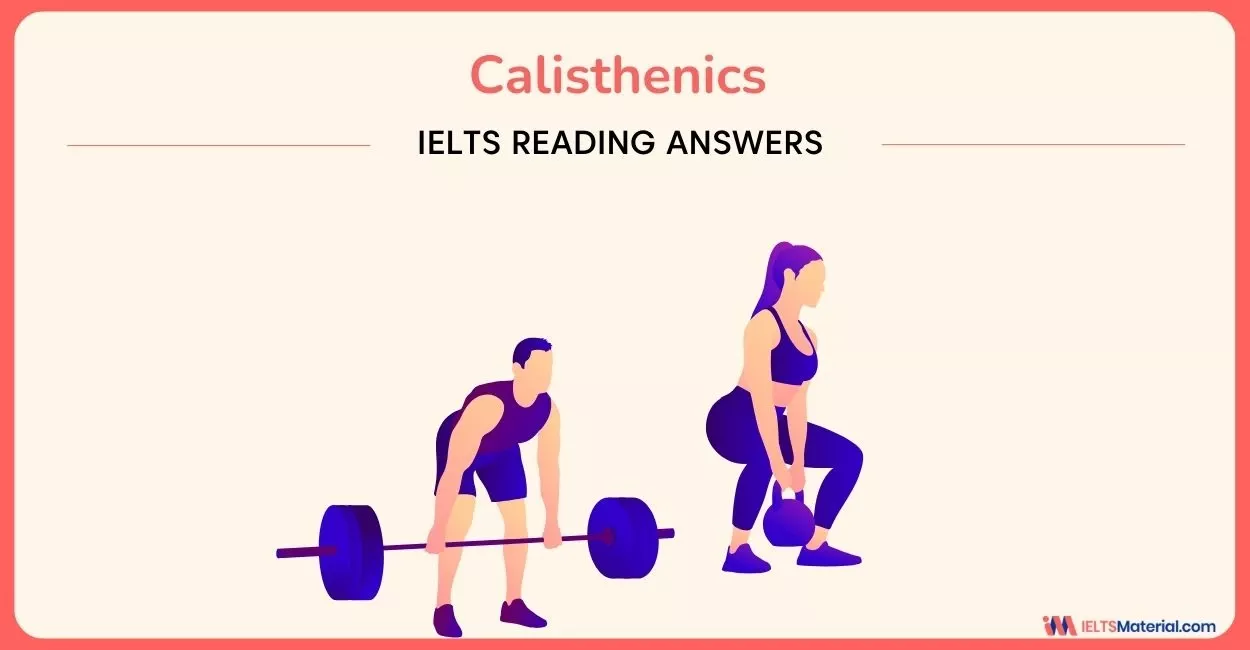
Kasturika Samanta
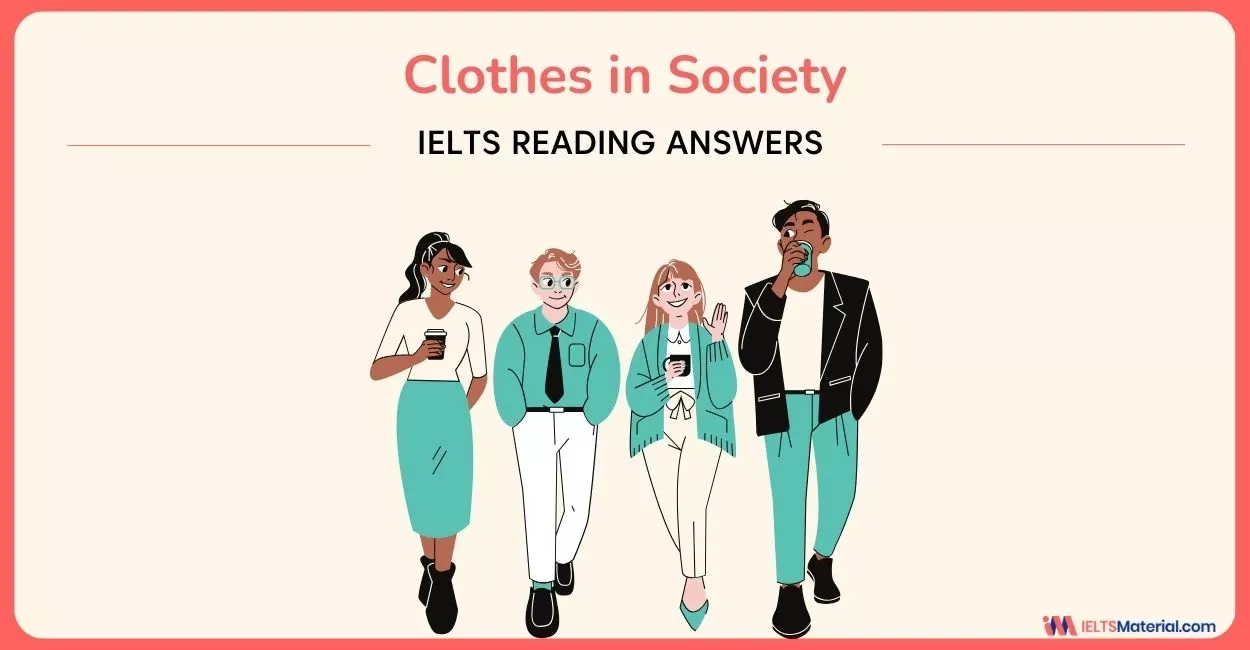
Kasturika Samanta
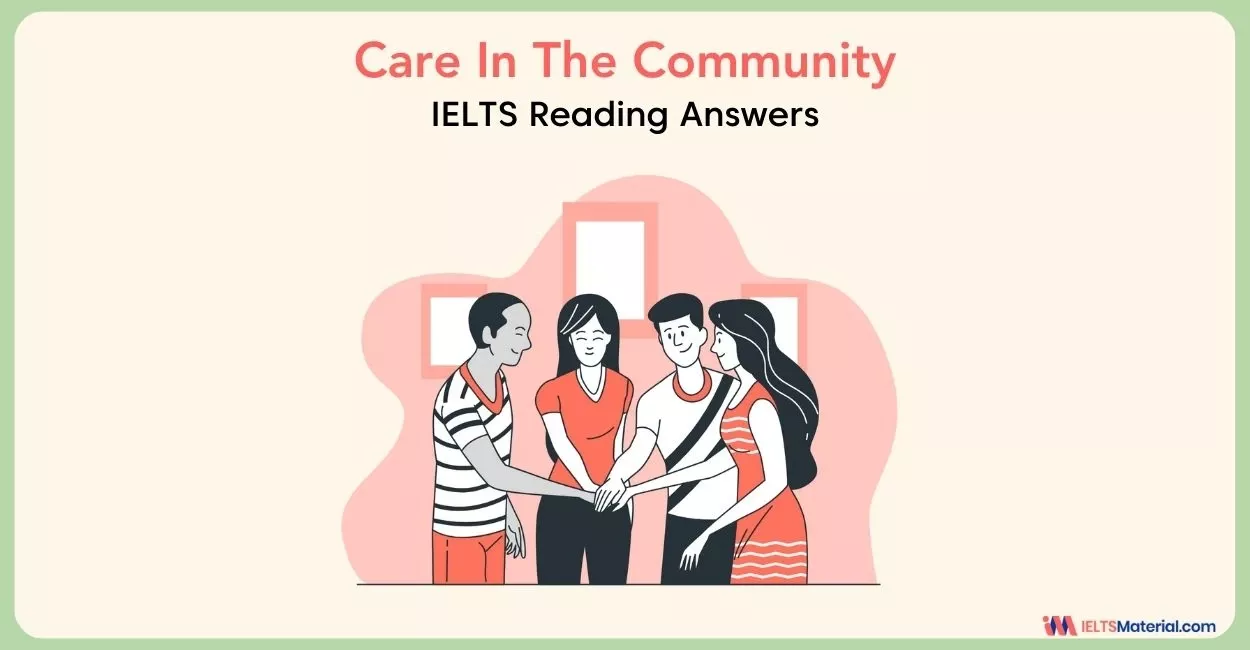
Kasturika Samanta
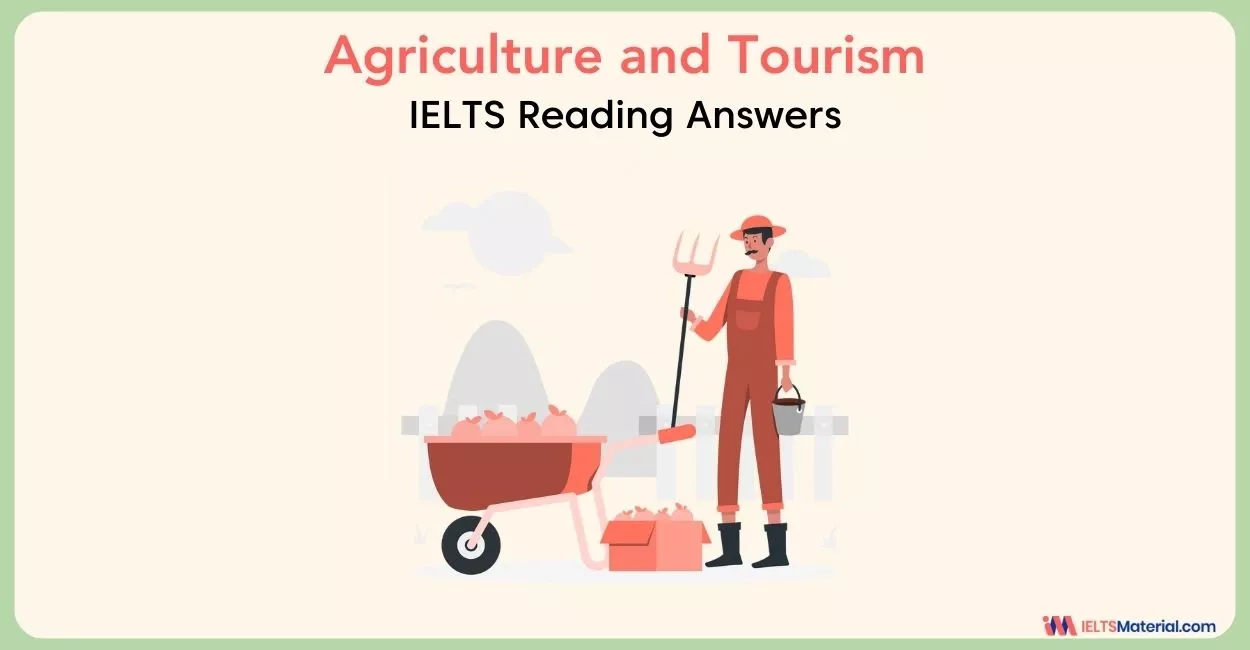
Kasturika Samanta
Recent Articles

Nehasri Ravishenbagam

Haniya Yashfeen

Haniya Yashfeen

Haniya Yashfeen
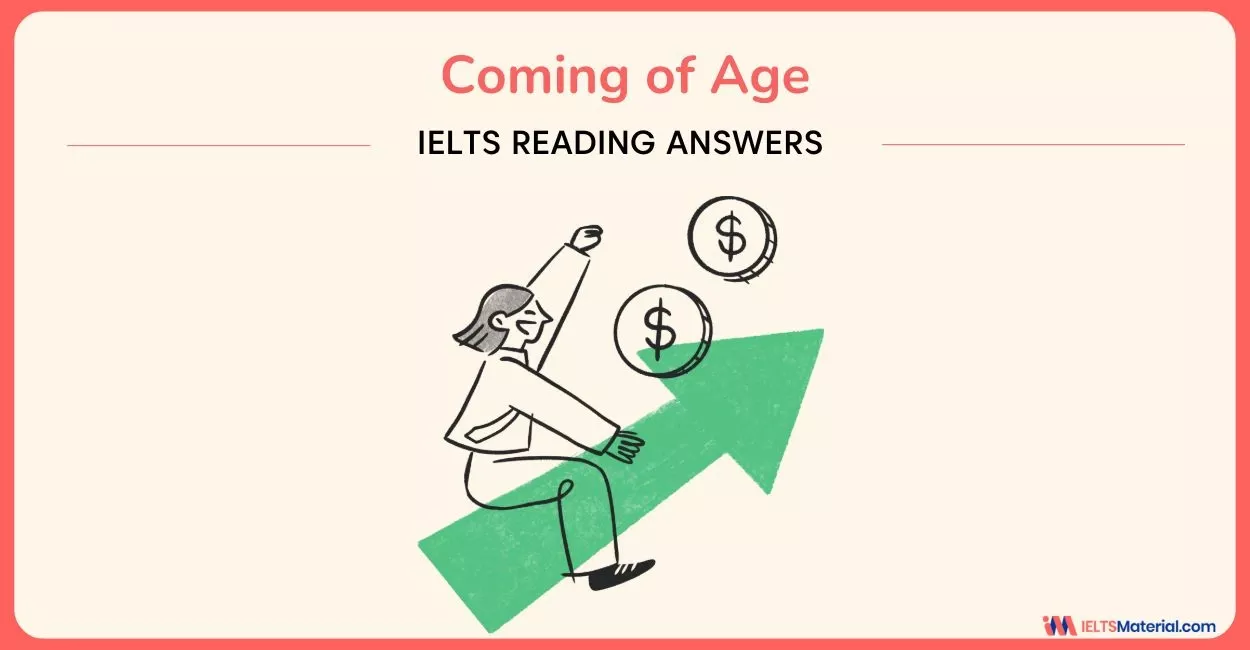



Post your Comments